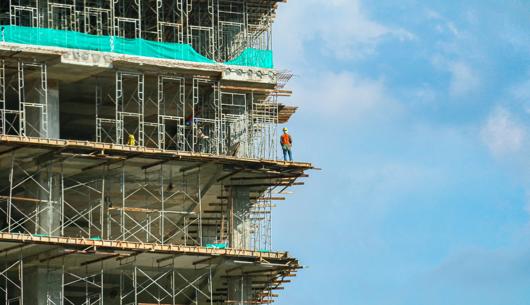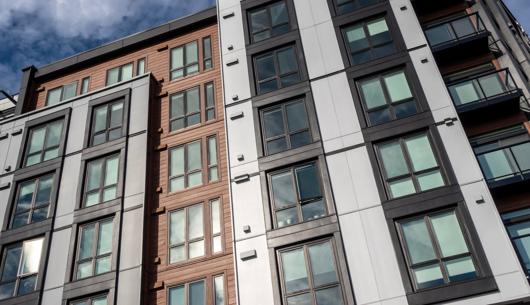Brooke Homes (Bicester) Ltd v Portfolio Property Partners Ltd & Others [2021] EWHC 3015 (Ch)
The court provides some useful guidance on the different types of endeavours obligations and good faith clauses.
The court provides some useful guidance on the different types of endeavours obligations and good faith clauses.
Facts
The defendant group of companies (P) had put together a development site through a series of option agreements. It identified the claimant (B) as a potential developer of the site.
An agreement referred to as ‘Heads of Agreement’ was entered into in 2015 between P and B. The Heads of Agreement required the parties to use “all reasonable endeavours” to enter into a final binding agreement which captured the terms of the Heads of Agreement acting in good faith towards each other. The Heads of Agreement anticipated that the parties would enter into a conditional contract for the sale and development of part of the land.
When no formal conditional contract had been entered into by 2018 B claimed that P was in breach of the Heads of Agreement.
Issue
Was P in breach of the Heads of Agreement?
Decision
P was liable to B for a breach of contract.
Despite requests, P had failed to provide a definitive 'red-line' plan or agree a mechanism for identifying precisely the land that might be sold to B and this was a breach of the obligation to use all reasonable endeavours and also to act in good faith. The failure to enter into a conditional contract was, in part, linked to P’s growing desire over time to deal with another interested party. This also was a breach of the duties to use all reasonable endeavours and to act in good faith as it constituted a breach of an exclusivity clause agreed with B.
Damages (based on the loss of a chance to enter into a conditional contract) were assessed at £13.4m.
Points to note/consider
- Whilst this case is very much fact specific, the case is of most interest because of what the judge had to say about the different type of endeavours clauses (which are commonly found in development and strategic land transaction agreements). In particular, he suggested that an obligation to use reasonable endeavours might mean that if one reasonable path is taken then the obligation is discharged and that, by contrast, an obligation to use all reasonable endeavours usually requires all reasonable actions to be taken. In fact, the judge suggested that, in practice, there may be little difference between an obligation to use all reasonable endeavours and an obligation to use best endeavours, although some best endeavours clauses might require a party to sacrifice some of its own commercial interests, whereas an obligation to use all reasonable endeavours is probably less likely to require that.
Whilst the guidance here may be helpful, every case is fact specific and the precise requirements in a case will depend on the exact wording used and the context in which that wording arises. It can be very hard (if not impossible) therefore to advise clients at the outset of a transaction exactly what they will be expected to do to comply with their endeavours obligations. For that reason, if possible, parties should consider spelling out in the relevant agreement expressly what they would be expected to do and what they would not be expected to do to comply with their obligations. This can include clear and specific timescales within which steps are to be taken (and what those steps should be), conditions are to be met, obligations are to arise and payments are to be made.
- The judge also discussed the meaning of good faith clauses. He said that the precise nature of the obligation would take its colour from the rest of the terms of the agreement. He summarised the duty as requiring a party to act honestly (judged by reference to reasonable and honest people), to observe reasonable commercial standards of fair dealing, to demonstrate fidelity or faithfulness to the common purpose (or contractual purpose) and generally to act consistently with the justified expectations of the parties.
Contact

David Harris
Professional Development Lawyer
david.harris@brownejacobson.com
+44 (0)115 934 2019








































